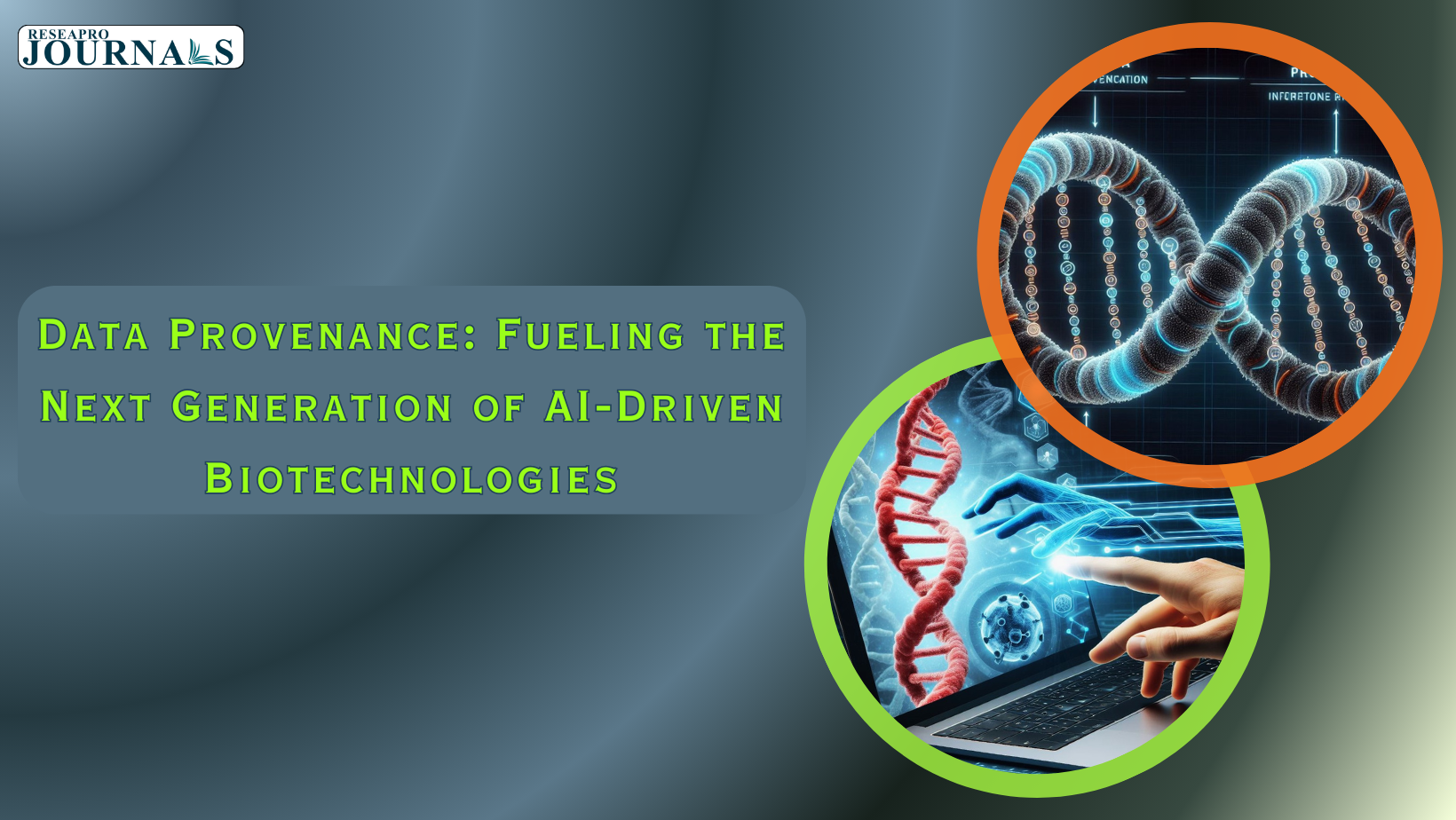The field of biomedicine stands on the precipice of a transformative era, where AI-powered algorithms hold the promise of revolutionizing disease diagnosis, patient outcome prediction, and personalized medicine. However, this potential hinges on a fundamental prerequisite: data provenance.
Think of data provenance as the meticulous detective work of the digital realm. It involves meticulously recording the origin, processing history, and contextual significance of each data point, akin to a detailed map charting its journey from biological specimen to computational analysis. This meticulous documentation empowers researchers in several critical ways:
1. Quality Assurance: By tracing data provenance, researchers can identify and rectify errors and biases that could otherwise infiltrate and skew AI models. This proactive approach ensures the integrity and reliability of the data foundation upon which AI algorithms are built, ultimately leading to more robust and trustworthy models.
2. Regulatory Compliance: Stringent regulations like IVDR and MDR increasingly demand comprehensive data provenance practices. Capturing and managing this information fosters transparency and accountability in AI development, ensuring adherence to legal frameworks and building trust with regulatory bodies.
3. Reproducibility: Robust data provenance empowers researchers to replicate studies with fidelity. This enables them to build upon each other’s work, accelerating scientific progress and fostering collaborative innovation. By revisiting and reanalyzing data along its documented path, researchers can verify findings, identify potential shortcomings, and refine their understanding of complex biological phenomena.
4. Trust and Transparency: In the realm of healthcare, where AI algorithms are entrusted with sensitive patient information and potentially life-altering decisions, understanding the origin and history of data is paramount. Comprehensive data provenance builds trust with patients and healthcare professionals by fostering transparency and demystifying the “black box” of AI algorithms.
Effectively capturing and managing data provenance requires a standardized approach. Paralleling the luggage tagging system at an airport, frameworks like W3C PROV and ISO 23494 provide a common language for recording provenance information at every stage of the data lifecycle. This standardization facilitates seamless data exchange, collaboration, and ultimately, the responsible development and deployment of AI-driven biotechnologies for the betterment of human health.
In conclusion, data provenance is not just an afterthought; it is the indispensable fuel propelling the next generation of AI-driven biotechnologies. By meticulously documenting the data journey, researchers can ensure quality, compliance, reproducibility, and ultimately, build trust in these powerful tools, paving the way for a future where AI can truly revolutionize human health.




